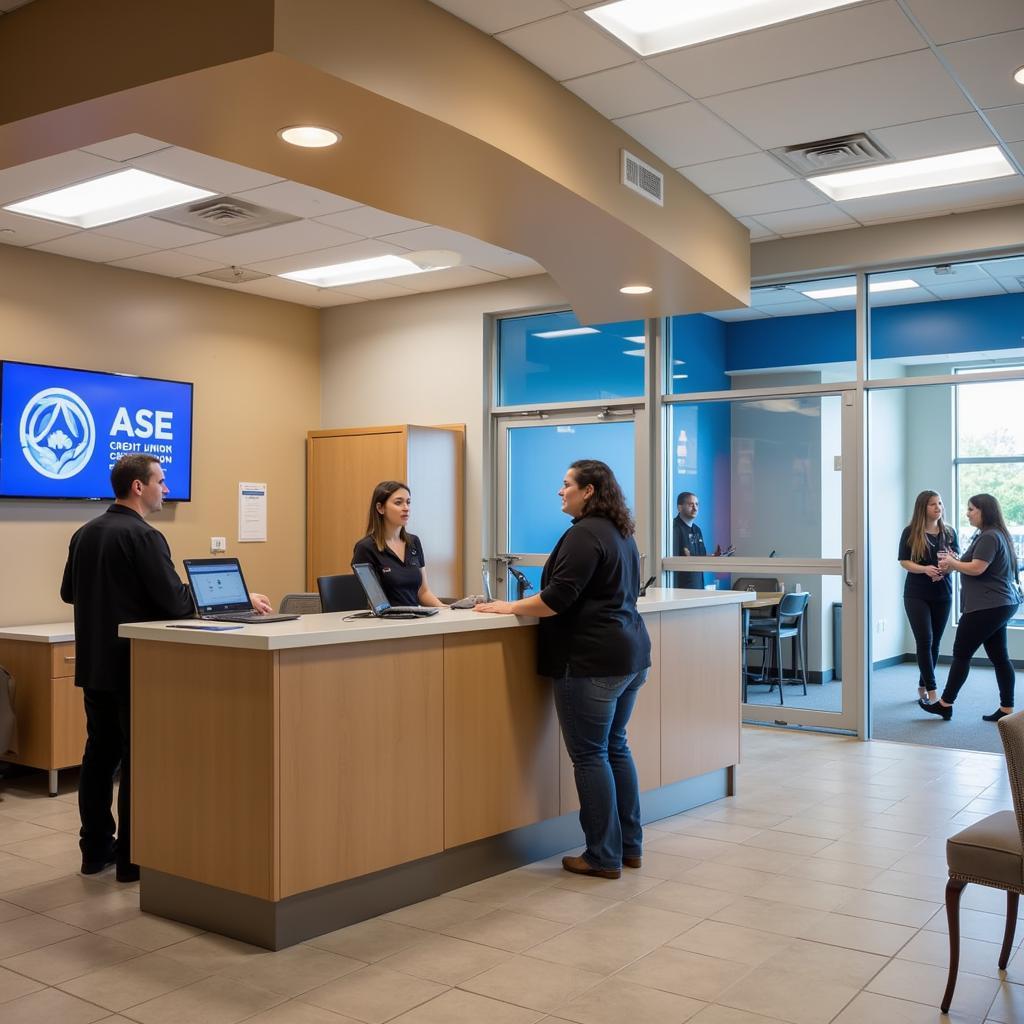The ASEAN approach, often lauded for its unique characteristics, forms the bedrock of the Association of Southeast Asian Nations’ (ASEAN) interactions and decision-making processes. This approach, emphasizing consensus, consultation, and non-interference, has been instrumental in fostering peace, stability, and cooperation within the diverse and dynamic Southeast Asian region.
Delving Deeper: Principles of the ASEAN Approach
The ASEAN approach is not defined by a rigid set of rules but rather by a set of principles that guide its actions. These key principles include:
- Consensus and Consultation: Decision-making within ASEAN is based on mutual agreement, ensuring all member states have a voice and concerns are addressed collectively.
- Non-Interference: ASEAN respects the sovereignty of its members, refraining from intervening in the internal affairs of other member states.
- Peaceful Resolution of Disputes: ASEAN advocates for dialogue and diplomacy to resolve differences, prioritizing regional peace and stability.
- Centrality of ASEAN: ASEAN endeavors to maintain its leading role in regional architecture, fostering cooperation and dialogue within Southeast Asia.
Examining the Effectiveness of the ASEAN Approach
The ASEAN approach has been credited with numerous achievements:
- Maintaining Peace and Stability: ASEAN has played a crucial role in preventing conflicts among its members and transforming Southeast Asia from a region of Cold War tensions to a zone of peace and stability.
- Promoting Economic Growth: The ASEAN Free Trade Area (AFTA) and other economic initiatives have fostered integration and facilitated trade, contributing significantly to the region’s economic growth.
- Enhancing Cooperation in Non-Traditional Security Challenges: ASEAN has been active in addressing transnational issues like terrorism, natural disasters, and pandemics through collaborative mechanisms and information sharing.
However, the ASEAN approach also faces criticisms:
- Slow Decision-Making: The consensus-based approach can lead to delays in decision-making, especially on pressing issues requiring swift action.
- Lack of Enforcement Mechanisms: ASEAN lacks strong mechanisms to ensure compliance with its agreements, relying primarily on political will and peer pressure.
- Perceived Lack of Transparency: Some critics argue that the emphasis on consensus can sometimes obscure dissenting voices and limit open discussion on critical issues.
The ASEAN Approach in the 21st Century: Addressing New Challenges
As ASEAN navigates an increasingly complex geopolitical landscape, the ASEAN approach faces new challenges:
- Great Power Rivalry: Tensions between major powers impact Southeast Asia, requiring ASEAN to navigate complex relationships and maintain its unity and centrality.
- Non-Traditional Security Threats: The rise of pandemics, climate change, and cybersecurity threats necessitates innovative approaches and closer cooperation among member states.
- Narrowing Development Gap: ASEAN needs to address economic disparities within the region to ensure inclusive and sustainable development for all.
“Adaptability and responsiveness have always been at the heart of the ASEAN approach,” states Dr. Nguyen Minh Tuan, a renowned scholar on ASEAN affairs. “The key to its continued success lies in its ability to evolve and address emerging challenges while upholding its core principles.”
Conclusion: The Enduring Relevance of the ASEAN Approach
The ASEAN approach, despite facing criticisms, remains the cornerstone of regional cooperation in Southeast Asia. Its emphasis on dialogue, consensus, and non-interference has been crucial in maintaining peace, fostering stability, and driving economic growth. As ASEAN navigates an increasingly complex world, its ability to adapt and address new challenges while upholding its core principles will determine its continued success.
For further information on ASEAN and its initiatives, explore these resources:
- ASE CRIS
- An Examination of ASEAN Stock Markets: A Cointegration Approach
- ASE Cramps
- ASE Testing Schedule 2019
- ASE Plans
Need assistance or more information? Contact our 24/7 support team at Phone Number: 0369020373, Email: aseanmediadirectory@gmail.com, or visit us at Thôn Ngọc Liễn, Hiệp Hòa, Bắc Giang, Việt Nam.


